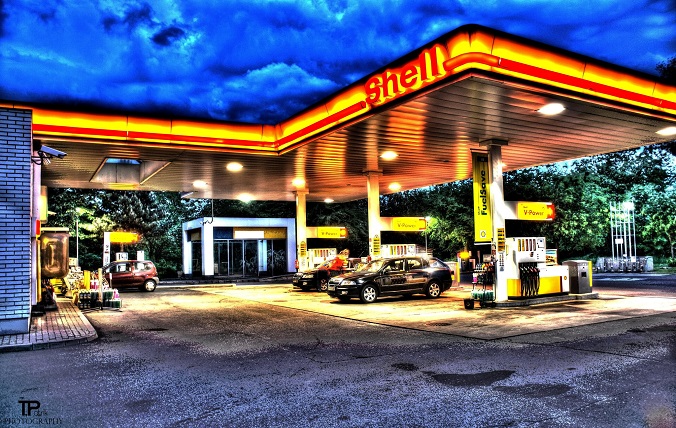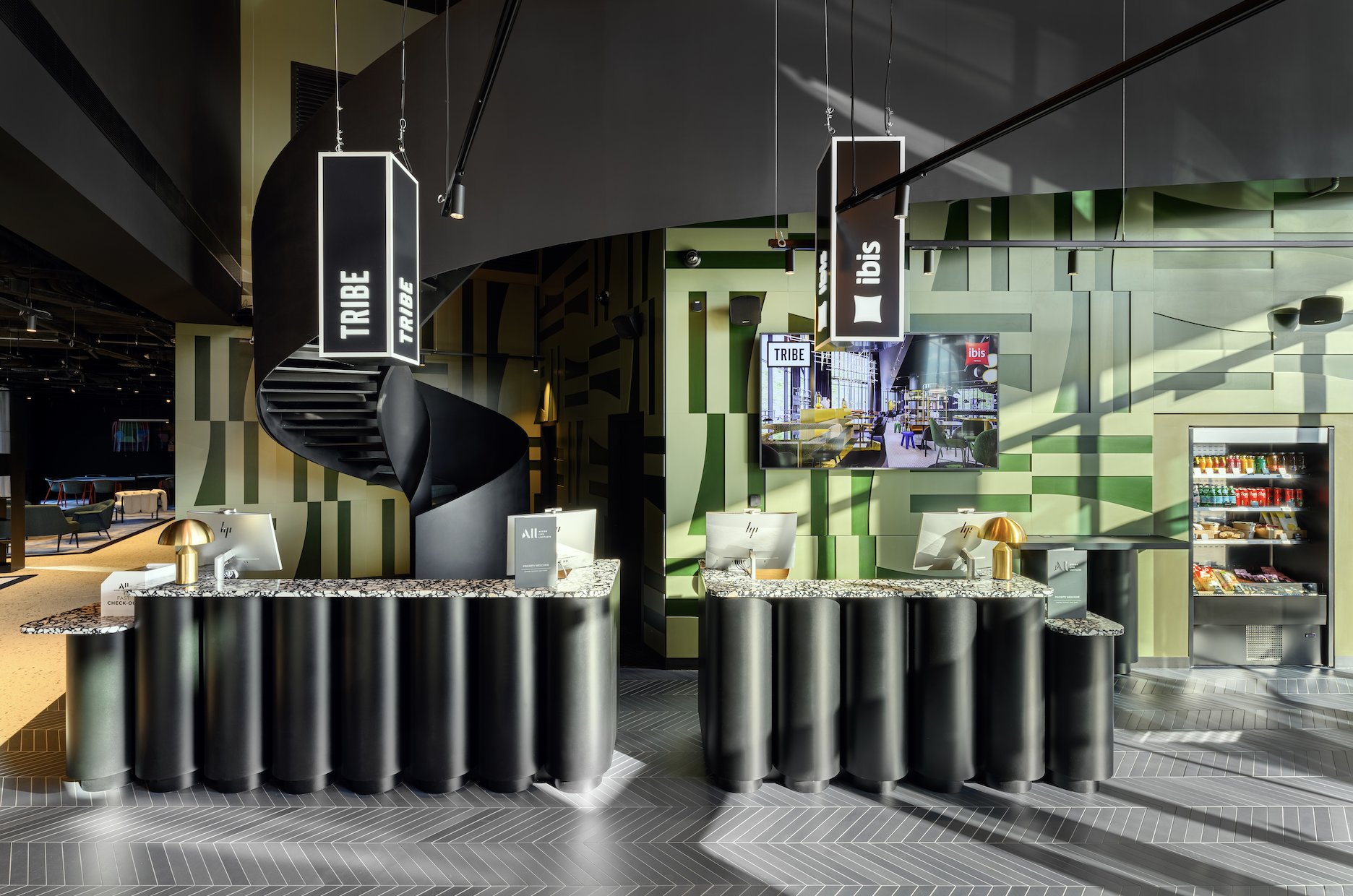Hungarian fuel market to bottom out in 2013

Fuel consumption has been steadily declining in recent years: the regional market has shrunk by 20% in the last five to six years, according to Hungarian oil and gas group Mol’s data. However, the company, which owns 80-85% of the fuel wholesale market in Hungary, believes that the end of the decline will come this year.
“Based on our calculations, the bottom of the market will be hit this year. In the private segment, we’ve already reached the level where any further decline in demand is hard to achieve,” said Domokos Szollár, communications director of Mol Magyarország.
Stay on the market
The contraction hasn’t substantially affected Mol’s position on the retail market. “We are well aware of the challenges industry had to face in recent times, but as the largest company in Hungary, it is crucial to provide fuel as quickly and comfortably as possible. We keep on analyzing opportunities for where to open new petrol stations. Also we have responded to the situation with efficiency and service portfolio expansion, like Bike Points or Postal Points,” Szollár added.
Lukoil has felt negative effects from the market shrinkage, and tries to dodge them with more efficient operations and faster reactions. “The Hungarian market is one of the most challenging in the European Union and the Central European region, which are both struggling with the effects of the economic crisis. We have to fight daily for our position with competitors and be highly flexible and reactive to quickly upcoming legal changes, but current results confirm that customers like our offers and services and are continuously looking for them,” operating director Bulat Subaev said, adding that Lukoil’s Hungarian network comprises 75 filling stations: the crisis didn’t cause significant changes in the portfolio.
While other market players have tried to maintain their number of gas stations, Shell felt it had to shut some. “Shell Hungary has closed 14 filling stations since the start of the year and will shut some more to optimalize its operational costs. Also, we changed opening hours in several stations around the country,” said Péter Juhász, Shell’s retail operations director.
Close, but no cigar(ette)
Gas station profitability was based not just on fuel or car wash services, but also on shop sales. By reshuffling licenses to sell tobacco only in authorized shops, the government ensured many gas stations would lose a huge chunk of their turnover. While the long-term effects of the new regulation are hard to predict after only a few weeks, Mol has already made steps to avoid the negative effects.
“Tobacco sales gave approximately one third of the Hungarian retail shop sales of ten billions forints,” Szollár said. “From the 360 Mol gas stations in Hungary, in all of which you could buy tobacco, only 25 won a concession to sell tobacco under the tender of the National Development Ministry. At these filling stations, the company has established tobacco shops according to the current legislation. However, Mol announced during the tendering process that it is looking for tobacco concession winner partners for 200 suitable filling stations. So far 50 national tobacco shops have been opened and Mol is still looking for candidates,” he added.
Disappearing discounts
Some years ago, long queues in front of specific gas stations were not rare sights in Hungary at all. These stations, usually linked to some hypermarket chain in Hungary, offered fuel at HUF 10-15 less per liter than traditional filling stations. But fierce competition has changed the market drastically, and most of the price advantage of these stations has disappeared.
Shell bought the operating rights of 51 Tesco gas stations for 15 years in 2009 and the price advantage has already gone, according to data from the holtankoljak.hu fuel price comparison site. Auchan still operates gas stations under its own brand name and plans to build new ones beside its hypermarkets (including the seven Cora stores it acquired in 2012). The company’s 10 filling stations had a turnover of HUF 45 billion last year, but its prices are not significantly low, especially compared to some small private basic filling stations.
SUPPORT THE BUDAPEST BUSINESS JOURNAL
Producing journalism that is worthy of the name is a costly business. For 27 years, the publishers, editors and reporters of the Budapest Business Journal have striven to bring you business news that works, information that you can trust, that is factual, accurate and presented without fear or favor.
Newspaper organizations across the globe have struggled to find a business model that allows them to continue to excel, without compromising their ability to perform. Most recently, some have experimented with the idea of involving their most important stakeholders, their readers.
We would like to offer that same opportunity to our readers. We would like to invite you to help us deliver the quality business journalism you require. Hit our Support the BBJ button and you can choose the how much and how often you send us your contributions.










